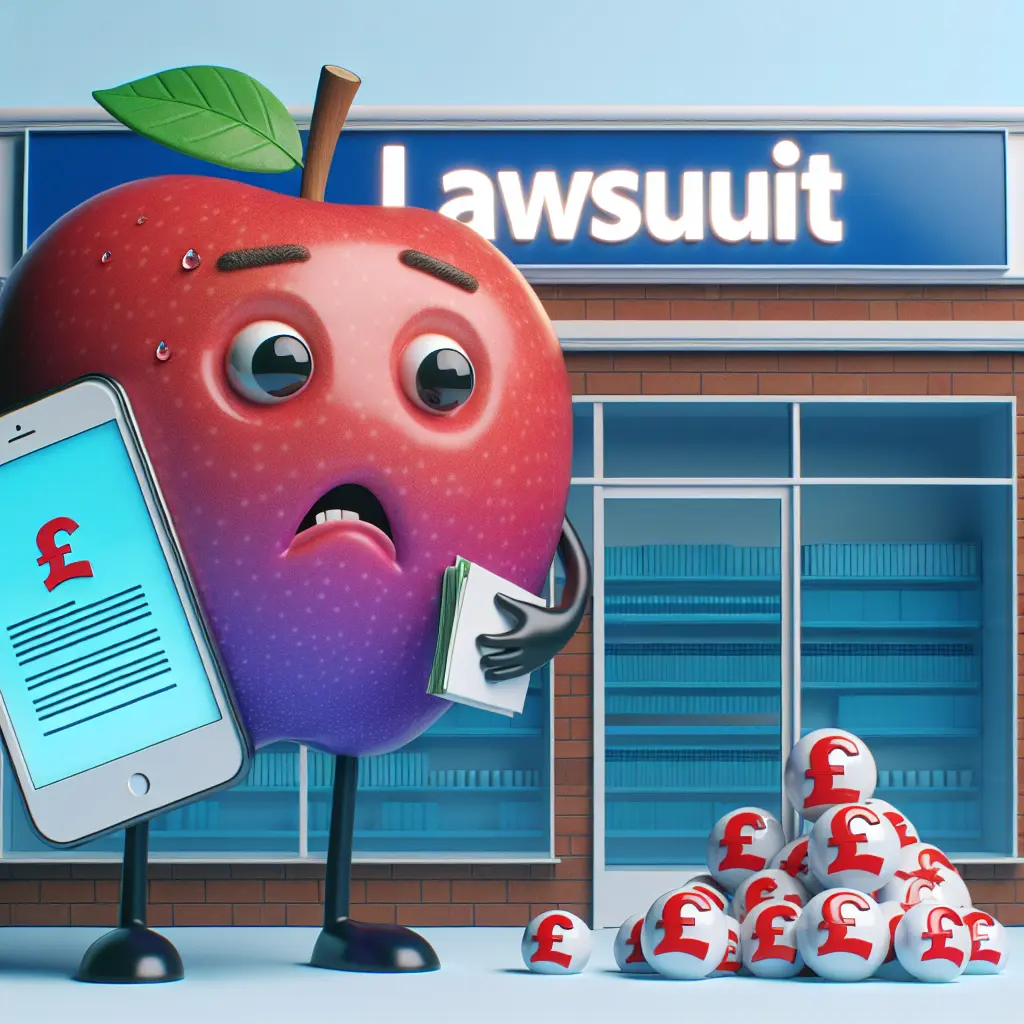In a landmark decision, tech giants Apple and Amazon have successfully warded off a staggering $600 million lawsuit in the UK.
In recent legal battles, Apple and Amazon found themselves at the center of a controversial lawsuit in the United Kingdom. The allegation? Collusion to oust resellers of new Apple products, thus limiting market competition. Such high-profile cases often capture the public's attention, not only because of the colossal sums involved but also due to their potential implications on consumer rights and market dynamics.
The lawsuit accused both companies of working together to remove third-party resellers from Amazon's platform. The claimants argued that this collaboration aimed to create a monopoly over Apple products, potentially hiking up prices and limiting consumer choice. These allegations raised critical questions about corporate ethics, market fairness, and the extent of tech giants' influence over the marketplace.
The lawsuit's dismissal is a significant victory for Apple and Amazon, highlighting the complexities involved in proving such allegations. The legal proceedings would have required detailed examinations of business practices, contracts, and communications between the two corporations. However, the case's outcome demonstrates that proving collusion in such scenarios is not straightforward.
This decision is pivotal for the UK's tech market landscape. It emphasizes the need for robust evidence when alleging corporate misconduct. For consumers and smaller businesses, it also serves as a reminder of the challenges faced when competing against or questioning industry titans.
Implications for the UK Market
Consumer Impact: The outcome may have mixed implications for consumers. While it could mean continued access to a range of products on platforms like Amazon, questions remain about pricing power and competition.
Market Dynamics: The ruling could embolden other major players to engage in similar partnerships without fear of legal repercussions, potentially reshaping how business is conducted in the digital age.
Regulatory Scrutiny: Despite the dismissal, such cases often lead to increased scrutiny from regulatory bodies aiming to ensure fair competition and prevent monopolistic practices.
For those interested in further details, you can read more about the case through this link.
Conclusion
As the digital economy continues to grow, such legal confrontations will likely become more common. They highlight not only the power wielded by tech giants but also the evolving landscape of business law. Consumers and businesses alike must stay informed and vigilant as these developments unfold.
The United Kingdom remains a crucial battleground for legal precedents that shape global business practices. As we move forward, it's essential to balance innovation with ethical corporate behavior to ensure a fair marketplace for all.
Until next time, let's keep exploring the fascinating intersections of technology, law, and market dynamics that define our modern world.










Leave a Comment